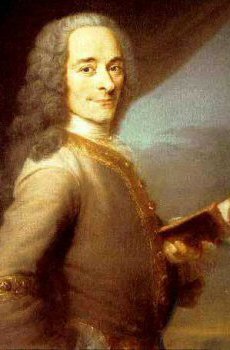-
The curious ‘life’ of Thomas Betterton
Charles Gildon’s The Life of Mr Thomas Betterton (1710) is not really about the life of the famous actor, but rather has some claim to being amongst the earliest attempts at codifying acting in English. Given its novelty, the text unsurprisingly finds legitimacy where it can: the biographical skeleton offers an alluring framework and the…
-
Rescuing Shakespeare
An Attempt to Rescue Shakespeare that Ancient English Poet and Playwright, Master William Shakespeare From the Maney Errors, Falsely Charged on Him by Certain New-Fangled Wittes […] by a Gentleman Formerly of Grey’s-Inn (1749): this is a title that starts strong and then falls off, to the point that Arthur Freeman (the editor of my…
-
What an actor knows…
In 1785, Thomas Whately was persuaded to publish something he’d first drafted in the 1760s and put back in the cupboard in order to work on a treatise on Modern Gardening. This was his Remarks on the Characters of Shakespeare, which, when it finally did appear, had some success (whether more or less than the…
-
Morgann, Falstaff and the Stage
I’ve already written about Maurice Morgann, but wanted to post another short thing, this time more about the theatre than the French. This also connects rather usefully with my thinking about William Richardson, namely that argument that, although his psychological approach removes characters from the stage, it nevertheless is deeply connected to thinking about the…
-
Back to Johnson
I have lost count of the number of times that I have read Samuel Johnson’s Preface to his edition of Shakespeare (1765). This time, however, I came to it with some pretty sharp questions, and this post will offer a brief look at what this approach led me to in the text. The questions were,…
-
A Brief Response to A General View of the Stage
Thomas Wilkes’s A General View of the Stage (1759) is an enormous and rich mine of information about the eighteenth-century stage. An attempt at raising the profile of the stage, defending it from its many detractors is both the book’s starting point and its over-arching theme. What I hope to do here is sketch out…
-
Reynolds vs Fielding (avec version française)
Over the course of his tenure as the first president of the Royal Academy of Arts, Sir Joshua Reynolds gave a series of Discourses, one a year, on the occasion of the annual prizegiving in December. These speeches were not easy to compose for a number of reasons: first, as delivered by the president of…
-
Thinking about William Richardson
William Richardson (1743-1814) was a professor at Glasgow University and published five books on Shakespeare, all with similar titles, and, behind the titles, a similar and unusual approach to the bard. Over the last few days, I have read the following: A Philosophical Analysis and Illustration of Some of Shakespeare’s Remarkable Characters (1774). Essays on…
-
The Canons of Criticism
I’ve just finished yet another book in the series Eighteenth-century Shakespeare, this time called The Canons of Criticism, by Thomas Edwards, first published in 1748, and reissued six times thereafter, finally stopping in 1765. The book is a critique of Bishop Warburton’s 1747 edition of Shakespeare’s works. It functions by fulfilling Warburton’s over-ambitious promise of…
-
Voltaire and Falstaff

This post was written when my work was orientated towards the influence of French literary criticism on the eighteenth-century appreciation of Shakespeare, and is thus slightly out of sync with the rest of the material presented on this website. More details here. I admit that Voltaire and Falstaff make for an unlikely pairing: one is…